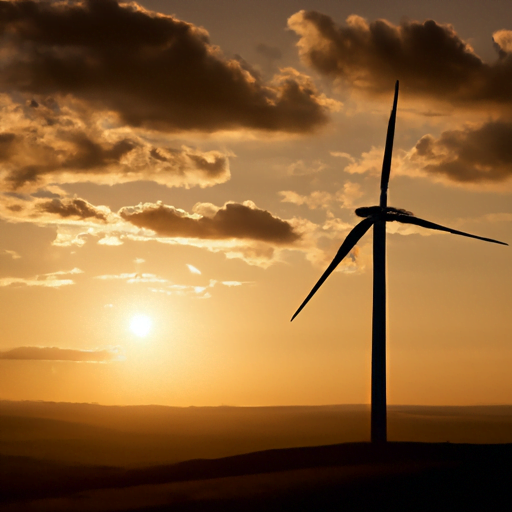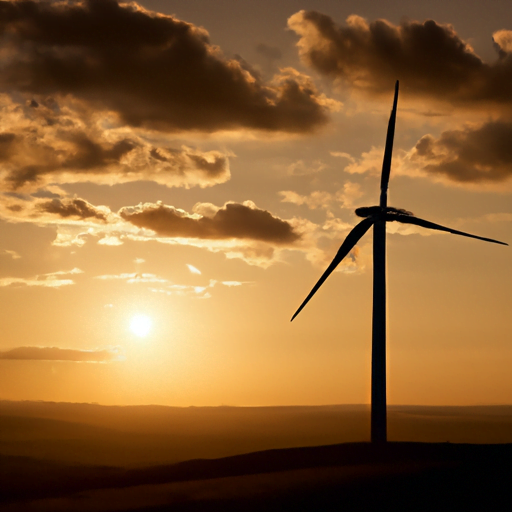Have you ever wondered what it would be like to live completely off the grid? To disconnect from the hustle and bustle of modern society and rely solely on your own resources? Off grid living has become a popular topic of discussion in recent years, as more and more people seek alternative ways of living. But what exactly does it mean to live off the grid, and what are the challenges that come with it?
Living off the grid means living in a self-sufficient manner, without being connected to public utilities such as electricity and water. It involves generating your own power, collecting rainwater, and growing your own food. While this lifestyle may sound idyllic to some, it comes with its fair share of challenges. One of the main problems faced by those living off the grid is the lack of access to essential resources. Without a connection to the grid, obtaining electricity and water becomes a constant struggle. Additionally, off grid living often requires a significant initial investment in infrastructure and equipment, which can be a barrier for many people.
In this article, we will delve deeper into the challenges of off grid living and explore potential solutions to overcome them. We will discuss the importance of sustainability and resource management, as well as the benefits and drawbacks of this lifestyle. Whether you are considering off grid living yourself or simply curious about the topic, you will gain valuable insights that will inform and inspire. So, let’s embark on this journey into the world of off grid living, where self-sufficiency and sustainability go hand in hand.

Exploring the Challenges of Off Grid Living
Living off the grid can be a rewarding and liberating experience, allowing individuals to disconnect from the hustle and bustle of city life and embrace a simpler, more self-sustainable lifestyle. However, it is important to acknowledge and understand the challenges that come with this alternative way of living. In this article, we will delve into the various obstacles faced by those residing off the grid and explore the implications they have on day-to-day life.
Limited Access to Basic Amenities
One of the main challenges faced by individuals living off the grid is the limited access to basic amenities that are readily available in urban areas. Unlike those connected to the grid, off grid dwellers often have to rely on alternative methods to fulfill their daily needs. Basic amenities such as electricity, water, and heating become a luxury, requiring alternative solutions.
Difficulty in Sourcing Reliable Energy
One of the first hurdles to overcome when living off the grid is sourcing reliable energy. Without a connection to the main power grid, individuals must explore renewable energy sources to meet their energy requirements. Solar panels and wind turbines are popular options, but they can be expensive to install and maintain. Additionally, these energy sources are dependent on weather conditions, making energy generation unpredictable at times.
Water Supply and Waste Management
Securing a reliable water supply is essential for off grid living. Without access to municipal water systems, individuals must find alternative sources such as wells or rainwater harvesting. These methods require careful planning and maintenance to ensure a consistent and clean water supply.
Waste management is another significant challenge faced by those living off the grid. Instead of relying on municipal waste disposal systems, off grid dwellers are responsible for managing their waste. Composting, recycling, and practicing minimal waste generation become necessary habits to maintain a clean and sustainable living environment.
Food Security and Storage
Off grid living often involves cultivating one’s own food to ensure self-sufficiency. However, this presents its own set of challenges. A lack of fertile land, harsh climate conditions, and limited access to agricultural resources can make growing food difficult. In addition, storing and preserving food becomes crucial, especially during non-growing seasons. Limited access to refrigeration and proper storage facilities can lead to spoilage and food wastage.
Lack of Communication and Connectivity
Living off the grid often means living in remote or rural areas where communication and connectivity options are limited. Poor or nonexistent cell phone reception, limited internet access, and absence of landline services can impact individuals’ ability to communicate and stay connected with the outside world. In emergency situations, this lack of connectivity can pose significant challenges and risks.
Healthcare and Emergency Services
Living in remote areas can also limit access to healthcare and emergency services. Off grid dwellers may have to travel long distances to reach the nearest medical facility or rely on self-treatment methods in case of emergencies. Adequate medical supplies and knowledge become vital for managing health issues without immediate professional assistance.
Maintenance and Repairs
Maintaining a self-sustaining off grid lifestyle requires significant effort and technical know-how. Individuals must take responsibility for maintaining their energy systems, water supply systems, and other essential infrastructure. Without proper knowledge or skills, breakdowns and malfunctions can occur, requiring expensive repairs or replacements.
Living in Isolation
One of the challenges often overlooked when embracing an off grid lifestyle is the potential feeling of isolation. Living in remote areas means limited opportunities for social interaction and may lead to feelings of loneliness and detachment. It is important to consider strategies to maintain mental and emotional well-being, such as engaging in hobbies, joining local community groups, or prioritizing communication with loved ones.
Building and Zoning Regulations
When choosing to live off the grid, individuals may face challenges related to building and zoning regulations. Many jurisdictions have specific rules and guidelines that restrict or regulate off grid living practices. Obtaining necessary permits and approvals can pose significant hurdles and require navigating complex legal systems.
Financial Constraints
While off grid living can be seen as a cost-saving lifestyle, there are initial investments and ongoing expenses to consider. The installation and maintenance of renewable energy systems, water supply systems, and other infrastructure can be financially demanding. It is crucial to carefully plan and budget for these costs to ensure a sustainable off grid lifestyle.
In conclusion, off grid living presents various challenges that individuals must navigate to create a sustainable and self-sufficient lifestyle. Limited access to basic amenities, sourcing reliable energy, water supply and waste management, food security and storage, lack of communication and connectivity, healthcare and emergency services, maintenance and repairs, living in isolation, building and zoning regulations, and financial constraints all contribute to the complexity of off grid living. Despite these challenges, with careful planning, resourcefulness, and a resilient mindset, individuals can successfully embrace this alternative lifestyle and enjoy its numerous benefits.





